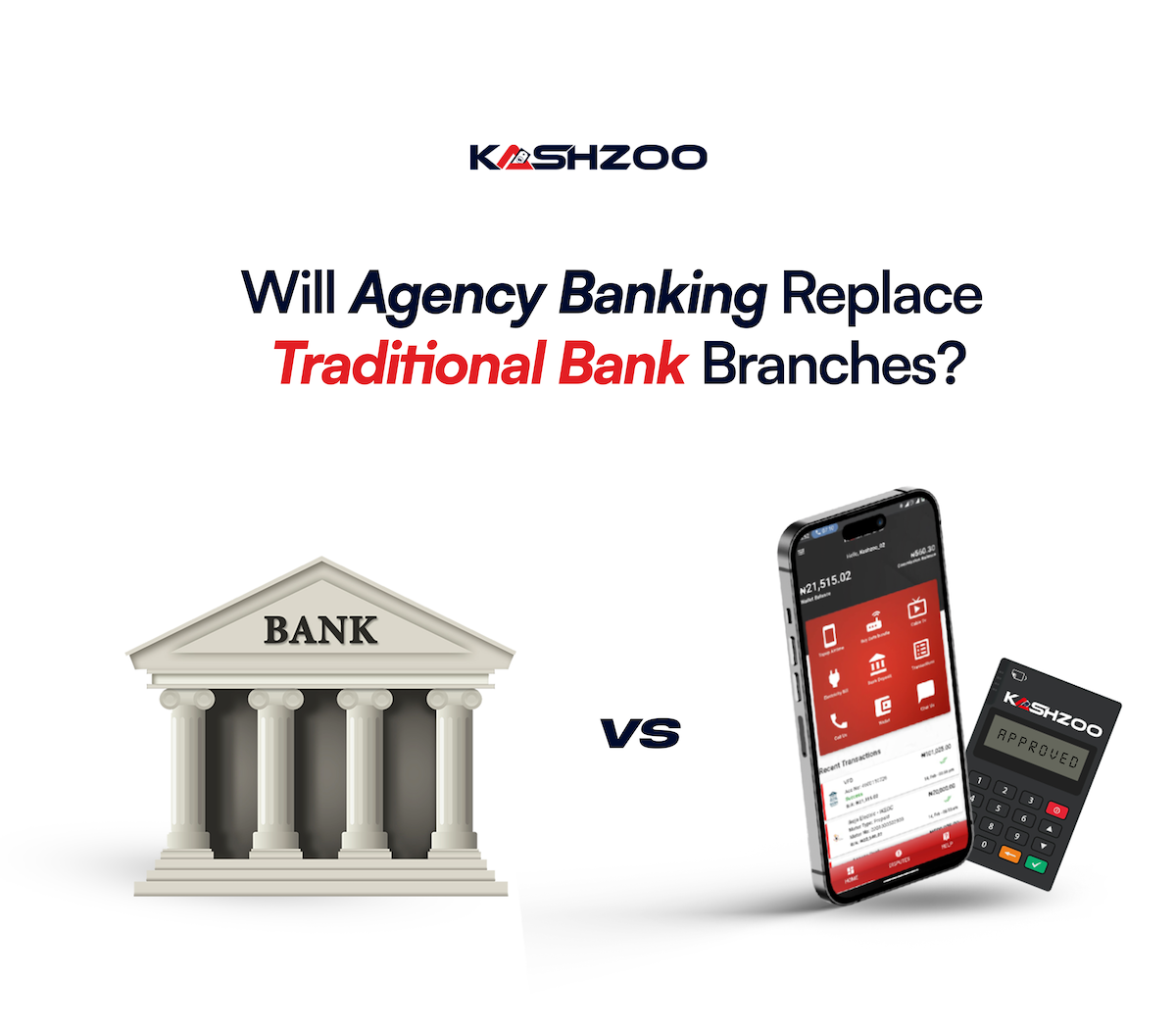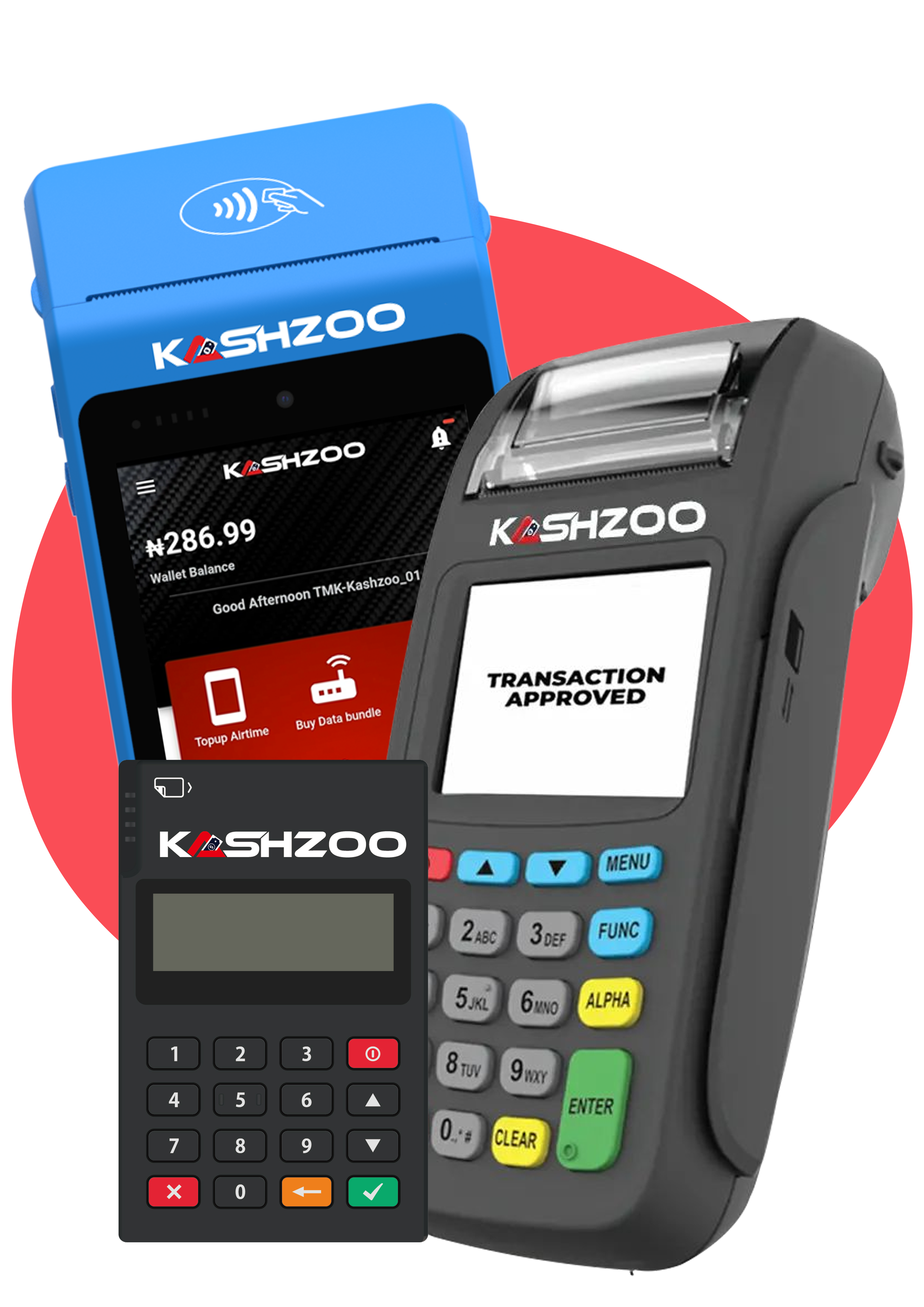The Nigerian banking sector has seen a lot of transformation over the past decade. It has witnessed the shift from traditional bank branches to mobile apps and virtual wallets and the emergence of agency banking. Agency banking as an innovation has made banking more flexible and accessible, especially in regions where bank branches are limited. As the popularity of agency banking and POS agents continues to grow, a recurring question emerges: “Will agency banking replace traditional bank branches? This post will examine the factors responsible for the evolution of agency banking and address this pressing question.
What Is Agency Banking?
Agency banking is a model where financial institutions partner with third-party agents, such as individuals or businesses, to offer basic banking services. This model has gained popularity in rural and underserved communities which lack access to traditional banking services.
Why Agency Banking Is Evolving
Below are some factors that contribute to the evolution of agency banking:
- High Demand for Accessible Financial Services: The more consumers want convenient, everyday banking solutions, the higher the demand for accessible financial services. Agency banking continues to evolve because consumers utilise it.
- Accessibility: Agency banking extends financial services to remote and underserved areas. This ensures that individuals in these communities have carry out banking transactions without travelling long distances.
- Low Operating Costs: Setting up physical bank branches requires a lot of expenses. Agency banking helps reduce these costs by utilising existing businesses and individuals as agents. So, it is cost-effective for both financial institutions and customers.
- Convenience: Customers can perform banking transactions whenever they want outside traditional banking hours, through local agents. The flexibility of agency banking endears it to customers.
- Increased Financial Literacy and Inclusion: Banking services are brought closer to the people, and this encourages financial literacy and inclusion. It helps empower individuals to make informed financial decisions.
- Enhanced Trust and Community Engagement: Agents are often local community members who can be trusted. More people are encouraged to utilise banking services, knowing they are dealing with familiar faces.
Will Agency Banking Replace Traditional Bank Branches?
Traditional banking and agency banking have a symbiotic relationship. Just as agency banking offers numerous advantages and serves a distinct function in the financial world, so do traditional bank branches. Instead of agency banking replacing traditional banking, it will serve as a complementary channel that enhances the reach of financial institutions.
Traditional banks provide a wider range of complex services. These services include complex financial products and personalised financial advice, which may not be feasible through agency banking. However, agency extends basic banking services to underserved populations and contribute to financial inclusion.
Our Take
Agency banking is not a model that will replace traditional bank branches. It is about augumenting the financial sector to provide broader access to financial services. For fintech solutions like Kashzoo, this presents an opportunity to empower agents, streamline operations, and enhance customer experiences.




What do you think?
It is nice to know your opinion. Leave a comment.